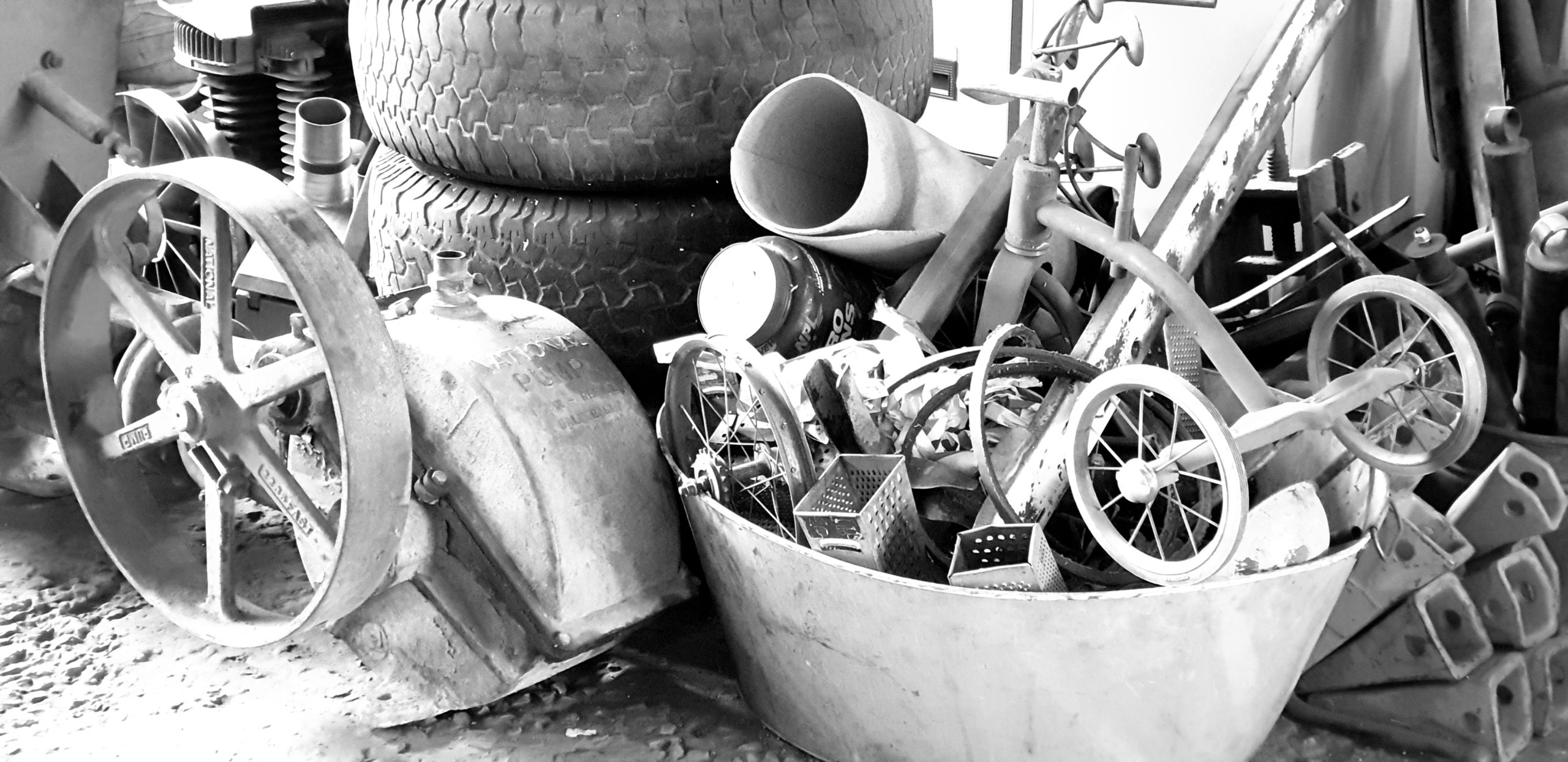Ever toured a home and gotten a sneaking suspicion that the sellers were going to leave a lot of useless junk? If the seller intentionally leaves personal property behind, it could be considered “abandoned.” That means you now own all that stuff, and you’re on the hook for cleaning it out.
To prevent that from happening, it’s a good idea to include language requiring sellers to be out of the house by a certain period prior to closing. Stipulate that all personal property, garbage and debris not included in the sale must be removed by that deadline.
If you are concerned about particular items (like a decaying old boat, a massive console TV in the basement, or excessive paint cans), you can specify removal of those items specifically as part of the purchase agreement.
Alternatively, if you’re not worried about the time and cost of removing the seller’s property, you can add language stipulating that any items left in the house at time of closing become the buyer’s property and that you can dispose of those items as you see fit.
Depending on your contract, items left behind are not necessarily yours. If it’s possible the seller left items by mistake, you may be required to keep that property safe until it can be picked up or delivered to the owner. But be careful of casual “I’ll get that next week” arrangements, particularly for high-value items. Agreeing to hold property after closing comes with risks and liability and should be avoided.
Consider a penalty provision in which the seller could owe you monetary damages if they’re not out in time, and recognize you may need to delay closing and/or file a small claims case for breach of contract if this occurs
